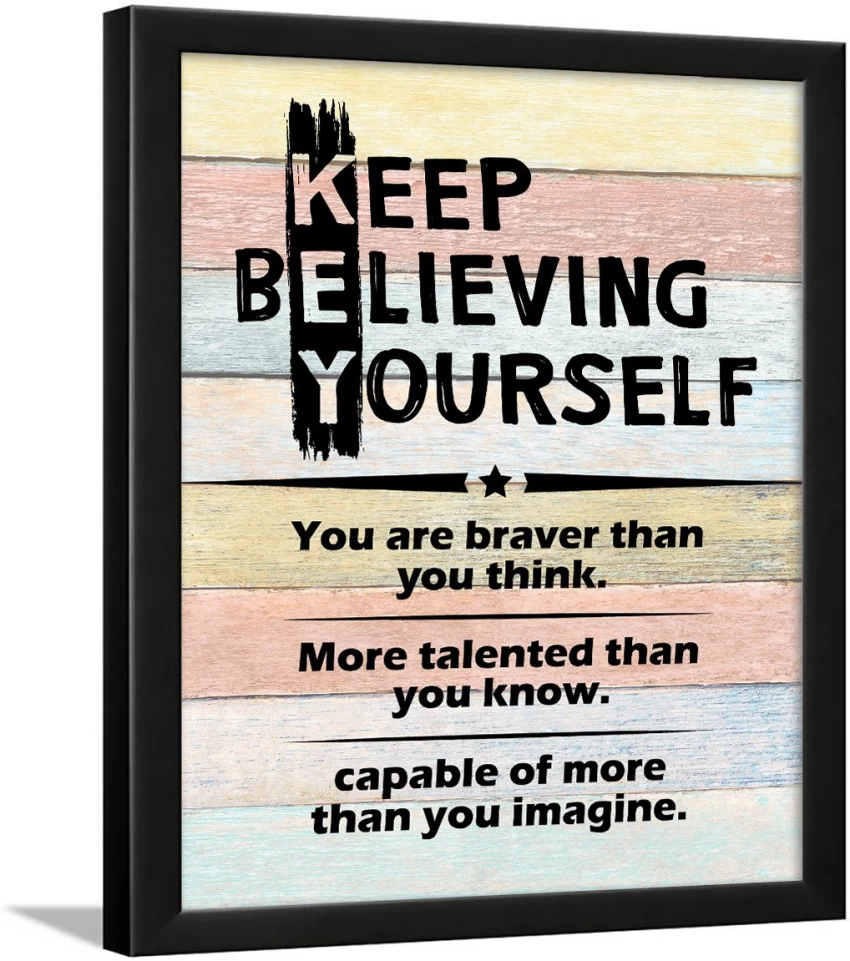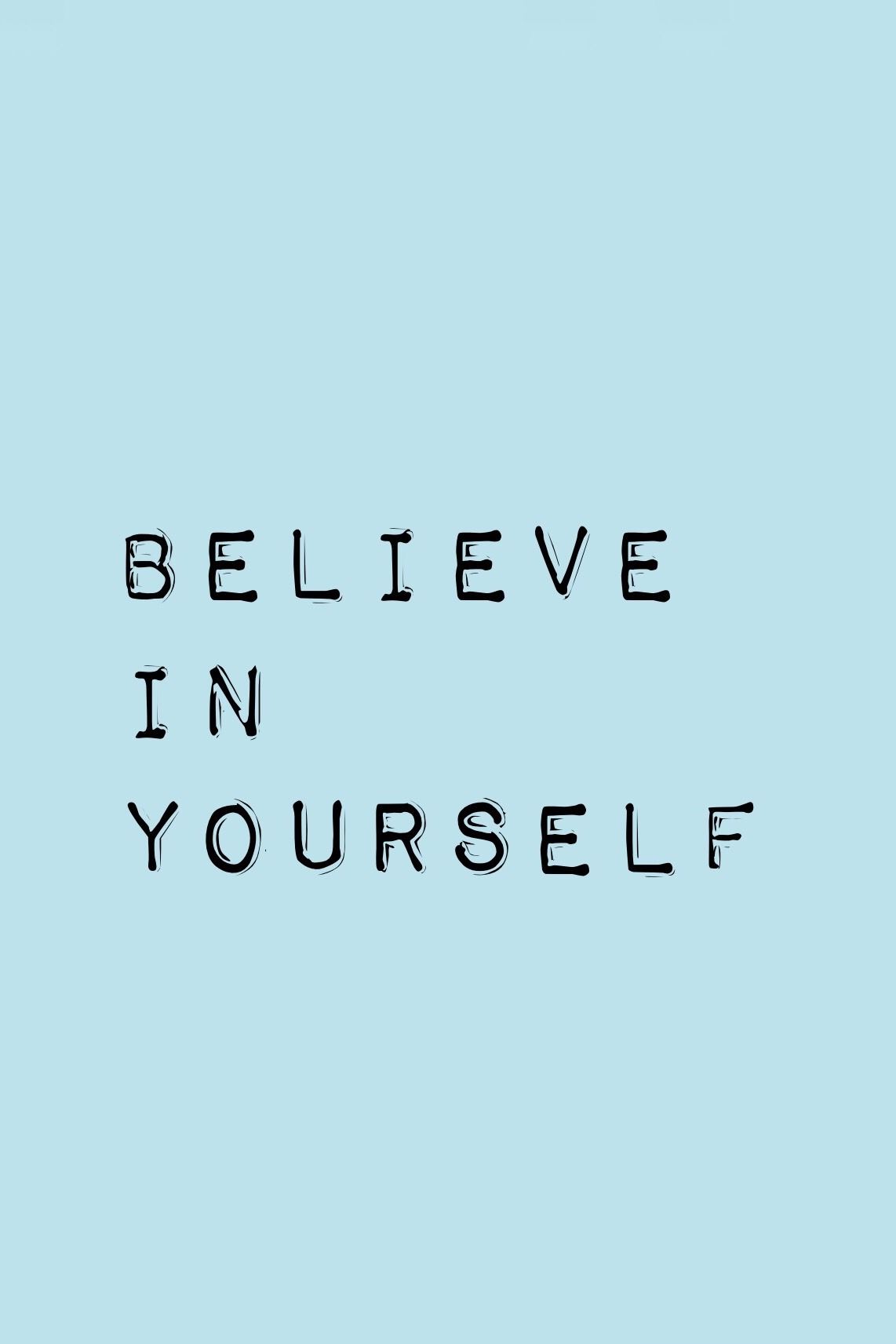Believing in yourself means having confidence in your own abilities. It means being able to trust yourself to do what you say you’ll do and knowing that those efforts will result in the desired outcomes.
At the core of self-belief is realizing that you- and only you- are the driver of your own success. This is where personal power is built; in claiming agency to overcome challenges in your life. Believing in yourself isn’t about uninterrupted success. It’s about being able to move on from failure quickly. To do that, you must change your perspective on failure. I’ve come to believe that all my past failure and frustration were actually laying the foundation for the understandings that have created the new level of living I now enjoy. This is my top tip to believe in yourself;
"See failures as opportunities, not obstacles. Learn from them, get up and achieve your goals."
When we believe in ourselves, it kicks into gear all sorts of psychological processes that help us achieve our goals, manifest our dreams, and increase our well-being. But the flip side is also true. Lack of self-confidence or lack of belief in ourselves means we are less likely to act, to change, or to push to make things better. As a result, when we expect to fail, we are actually more likely to fail.
Asking how to believe in yourself opens the door for a deeper question: what are the beliefs that are causing those emotions in the first place? Negative emotions like self-doubt or anxiety are deeply connected to the opinions we have of ourselves based on our life experiences. They’re your brain telling you that it’s time to examine these limiting beliefs and replace them with empowering ones. But that can be easier said than done. One way to get started is to focus on your self-talk- the words you choose when you speak to yourself. Positive self-talk can help your coping skills, improve psychological well-being and even increase your lifespan. So, the next time you catch a negative inner monologue, change your self-talk by replacing those comments with positive thoughts.

Tips for believing in yourself
Here are some tips to start building trust within yourself:
- Do what you say you’re going to do: Maybe this means reducing your number of commitments, learning to say “no”, or sticking to your boundaries in relationships. Experiment if you need to see what you need to do to stick to your word.
- Be honest with yourself: Engage in self-reflection to get the truth of what you really think, feel, and need in life. Try to tune out the “should” of the world to find your true self.
- Do what you believe is right: Live your values and follow your inner compass. If you’re on a path that is true to you, the it’ll likely to be easier to believe in your ability to walk it.
- Be clear: Get clearer about who you’re and what you want. Know the things you’re willing to do and the things you aren’t. that way you can trust yourself to make good decisions and communicate effectively.





Thank you for your sharing. I am worried that I lack creative ideas. It is your article that makes me full of hope. Thank you. But, I have a question, can you help me?